Addy Dports > Basketball > Offseason: Shepard, the favorite who is unanimously considered the best rookie, why did he open high and close low this season
Offseason: Shepard, the favorite who is unanimously considered the best rookie, why did he open high and close low this season
The most disappointing rookie in 2024 is Shepard. In the Best Rookie Team, No. 1 pick, Risache, No. 2 Sal, and No. 4 Chaser were all selected for the Best Rookie Team, but the Tanhua Show did not receive any awards or nominations. Before the 2024-2025 season began, many US media and general managers of many teams agreed that the Rockets' Tanhua Show Shepard will win the best rookie of the season. However, the NBA officially announced that Spurs defender Stephen Castle won the best rookie of the 24-25 season.
So, why did Shepard show a situation of opening high and closing low? Is Uduka’s improper use of Shepard, or is there any reason? What are the areas where Shepard needs to improve?
This season, Shepard played 52 games for the Rockets, averaging 4.4 points, 1.5 rebounds, 1.4 assists, 0.7 steals, 0.3 blocks, 0.7 turnovers and 1 foul, with a shooting percentage of 35.1%, a three-point shooting percentage of 33.8%, and a free throw shooting percentage of 81.2%.
Playoffs, Shepard played 3 games, averaging 3.3 minutes per game to score 0.3 rebounds, 0.3 assists, 0.7 steals, 0.3 blocks, 0.3 turnovers and 0.3 fouls.
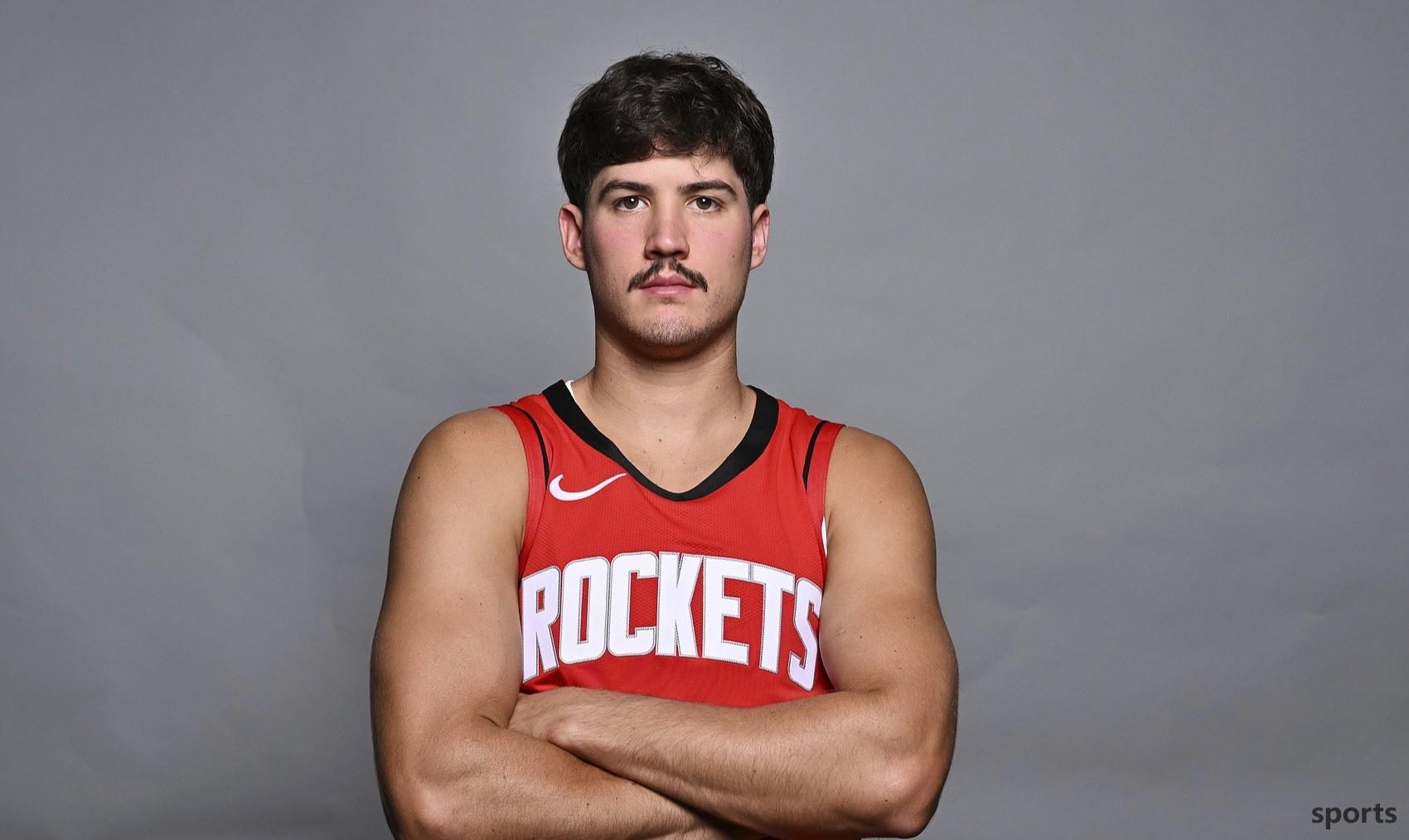
In terms of data, Shepard's data is not good-looking. The reason why Shepard's data is not good-looking is that his current strength does not have the ability to play in the NBA. However, in order to take into account Shepard's draft pick, the Rockets allowed Shepard to feel the NBA's confrontation and rhythm with practice, and gave Shepard more than 20 games. Such more than 20 games will infinitely magnify Shepard's problem.
Shepard's advantages during college were basically not shown in the NBA, and Shepard's highlight performance in the summer league has become a super star. When he reached a higher-level league, he even appeared very luxurious.
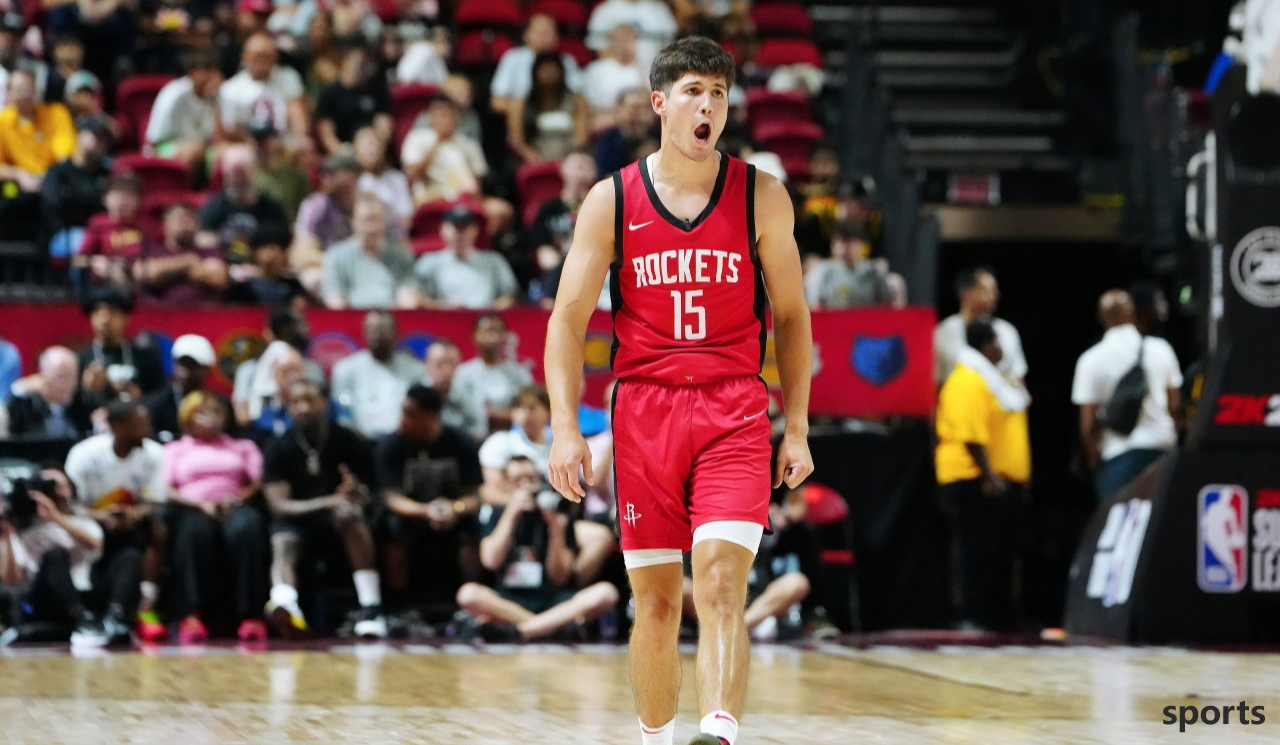
Shepard's biggest advantage is his shooting. In college, Shepard's three-point shooting percentage was above 45% for a long time, and he could maintain such a three-point shooting percentage in the summer league. However, during the NBA, Shepard's three-point shooting seemed timid and did not dare to take action. The production of three-point shooting was low and the offensive efficiency was also low. He averaged 2.7 three-point shootings and a 33.8% three-point shooting percentage. It is obviously unqualified for a player who is positioned as a pitcher.
As a defender, Shepard has good organization and connection, has a lot of spirituality in playing basketball, has excellent ability to read games on the court, and has a young and mature vision and means of passing the ball. However, Shepard seems to be too rational when he is present, which leads to his very low presence on the offensive end, and his offensive end makes him no threat on the offensive end.
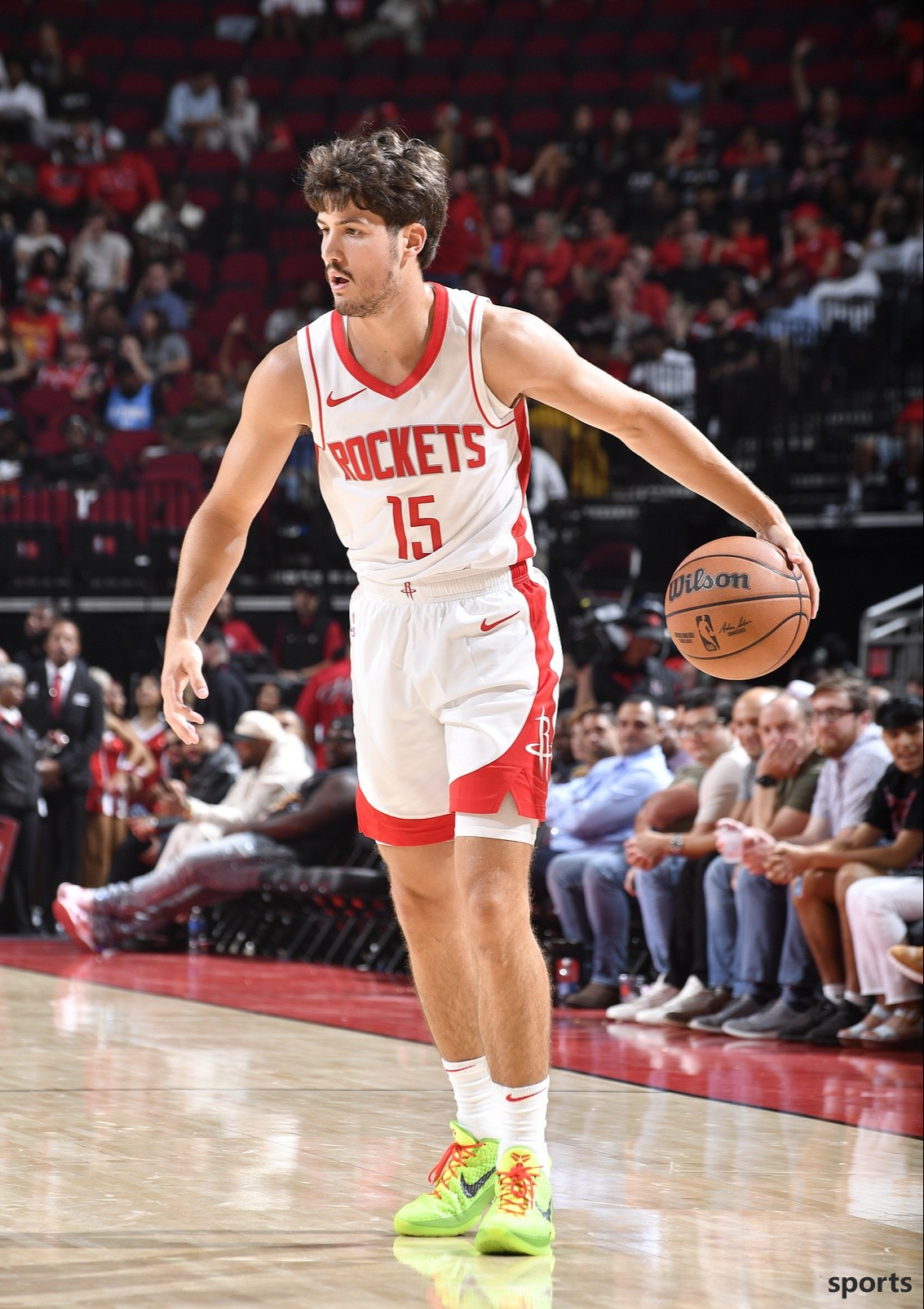
Shepard's biggest problem as a point guard is that he is not aggressive on the offensive end and dares to break through to the inside. Most of his shots come from shooting. Although shooting is not only limited to the three-point line, he also has a certain mid-range shooting ability. The offense is not limited to holding the ball and can also catch the ball, but his threat on the offensive end is too small, which causes Shepard's pass threat and role not to be played. The opponent's more defensive resources are accumulated on other Rockets players, and she ignores Shepard on the defensive end.
Shepard's shooting star is not good. On the one hand, he has a bad touch. Most of Shepard's shooting is large open positions. Whether it is his own ball-holding or the open shot after receiving the ball, it has little to do with the opponent's defense. He just can't make a shot. When Shepard does not make a shot, the pass and connection on the offensive end are no threat, causing Shepard to be present and burden on the offensive end. Such an infinite cycle causes Shepard's self-confidence to continue to lose.
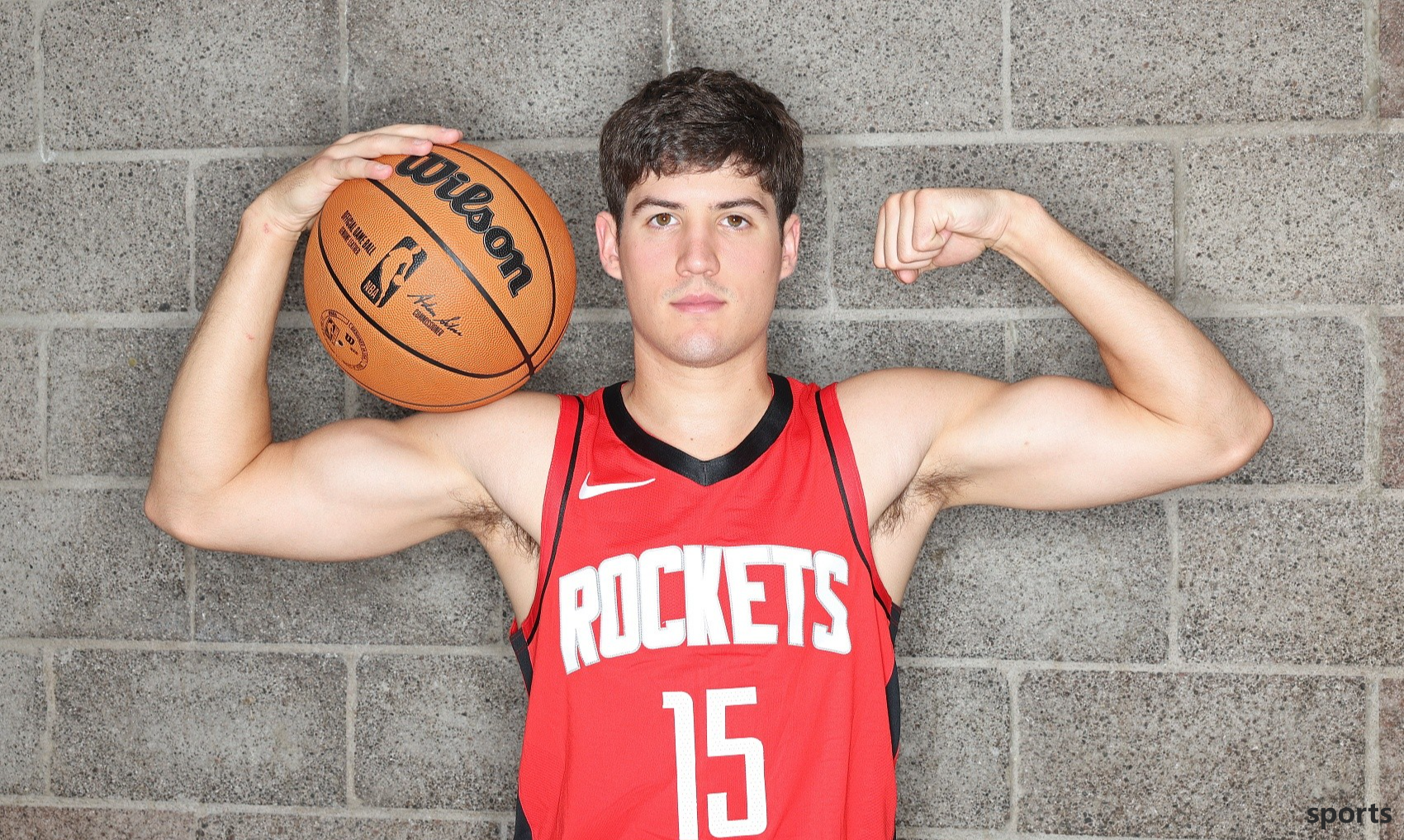
On the offensive end, Shepard basically made no positive contributions. He did not make a basket as a space point, and as an organizational ball holding point, there was no offensive threat. On the defensive end, Shepard even pulled the team's defense back legs without any limit.
When Shepard was on the court, he almost became the target of the opponent's focus. Shepard's strength confrontation was poor, and he could not move on the defensive end, and needed his teammates to make up for defense and assist in defense. Shepard was targeted, not only in the substitute connection of the second team, but also in the garbage time of the third team, but also in the problem of Shepard's strength confrontation.
In addition to poor strength confrontation, Shepard was targeted on the court, and needed teammates to make up for defense and assist in defense. The Rockets' entire defensive system was required to wipe Shepard's butt. Shepard's defensive awareness was good, and his ability to cut the ball was still good. However, Shepard's foul rate in cutting the ball was very high, which shows that Shepard's defensive awareness was good, but he lacked defensive experience and poor defense standards.
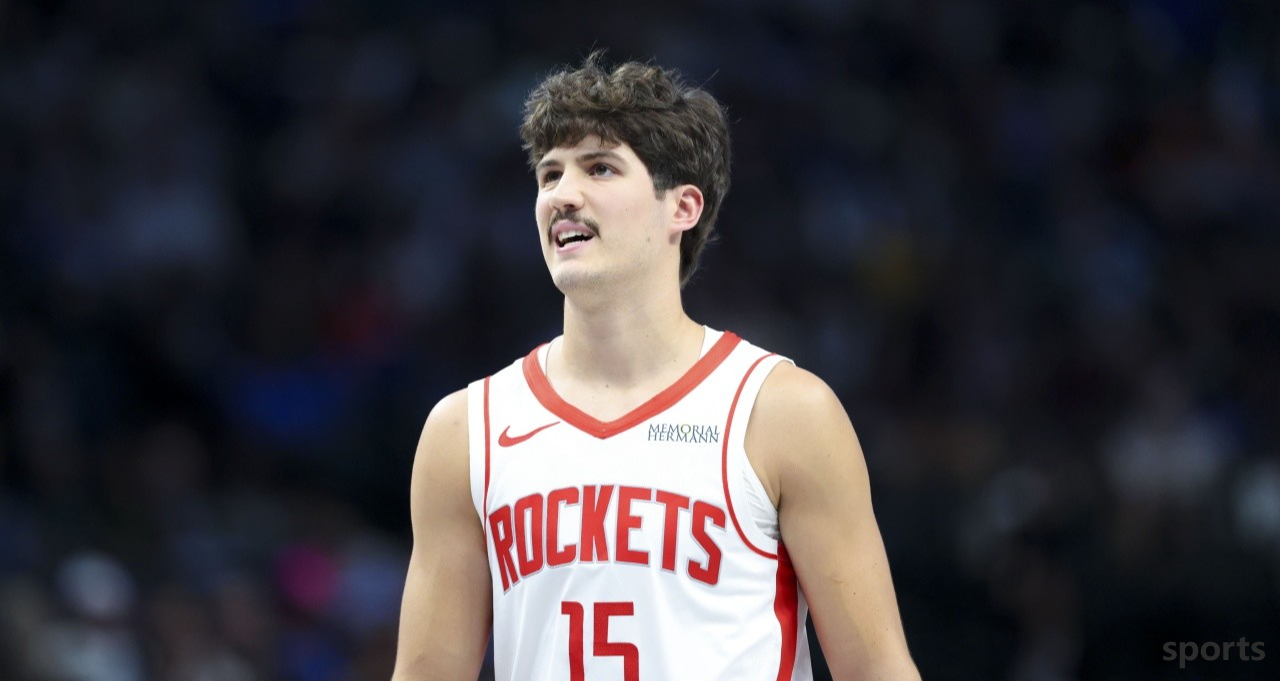
Sheppard's biggest problem is that his strength confrontation is poor, because his strength confrontation is poor, which leads to being targeted on the defensive end and has no offensive aggressiveness and deterrence on the offensive end.
Shepard has good basketball spirit and good basketball awareness. He is the role and positioning of the team commander and team brain among the Rockets' seven shots. His positioning and playing style are very similar to Nash, but the period of physical fulfillment is very long. After all, the growth cycle of the point guard is longer than other positions. Shepard's strength confrontation and body shape need to be improved. There are still many places to learn and improve, but the Rockets may not have too much time to level up for Shepard..
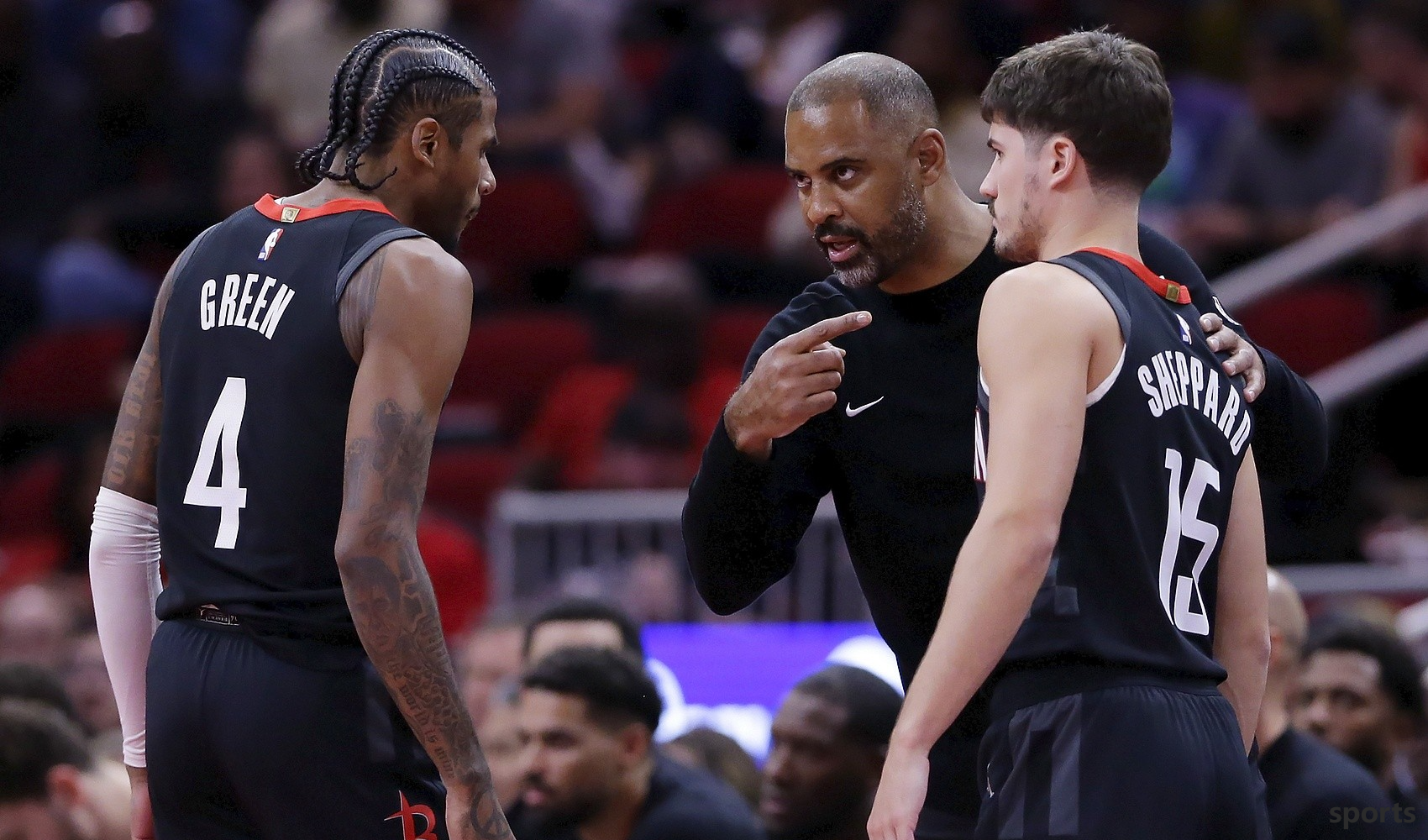
From the rookie season, shepherd learned about the rhythm and confrontation of the NBA. In the remaining time, unless the team encounters a wave of injuries, shepherd is basically replaced by garbage time. It can be seen that Uduka's training of Shepherd is gradual, first understand and then gradually improve and improve. The Rockets' patience and cycle for Shepherd's future cultivation is crucial. Of course, Shepherd also needs to practice hard during the offseason. After all, the Rockets do not have much time to train Shepherd without a limit. Uduka paves the way for Shepherd. Shepherd finds a gap on the NBA stage, and is more focused on training during the offseason and even during the usual practice stage, so that he can get more playing time based on his own strength and performance, rather than relying on his own draft pick.
Related Posts
Horford: I m just old, but I still have the ability to affect the game. The Warriors have the best piece of the puzzle to win the championship.
BasketballAs the new season approaches, the NBA preseason has begun one after another, and the two Western Conference powerhouses, the Los Angeles Lakers and the Golden State Warriors took the lead in the battle. The two teams did not have much lineup changes...
moreThe Rockets picked up a bargain! The new No. 4 scored 5 three-pointers, and Uduka added another card
BasketballMazula admires DJ Davidson's efforts very much, and Smart and Pritchard helped the second round pick a lot. When Davidson got the Development League MVP, the Celtics decided to give him a formal contract as a reward. Although Davidson's cont...
moreDecide the second follow-up! James s smile training is expected to come back in the opening game, Redick: No one in the team panics
BasketballJames, who made the gimmick, decided that two ended up being just a commercial. James even imitated the scene and lines of the decision. He said: "It's this autumn, brother, it's very difficult. This autumn, I will bring my talent to He...
more
Hot Posts
- Perkins: I publicly reminded Westbrook to control his emotions three or four years ago, otherwise he might not have a ball to play.
- Rockets 8 for 1 Durant ranks first! ESPN announces 15 votes: Curry becomes the best in the United States
- Keep the present and win the future. Is it reasonable to have three of the strongest teams in the past five years in front of the Rockets?
- Leonard s Yin-Yang contract has caused heated discussion! He was ridiculed to make two money without working. The Lakers missed him in 19 years.
- Suns Exclusive: Some Manchester United first-team players think 39-year-old three-pointer Heaton deserves the chance
- 19+5 in 24 minutes! Doncic s debut performance was good: three-pointers are very accurate
- Warriors sign Curry + Payton Jr. at the base salary: Curry brothers join forces to renew the contract
- Four teams are rushing to demand James? The rumor of the trade of 40-year-old James has triggered the NBA offseason.
- Behind the Celtic Eagles Trading: Typical cyclical interleaving transactions, the former values the future and the latter focuses on the present
- American News: The Heat s odds surge with Durant s price, and the transaction may be completed within 72 hours
Recent Posts
-
The Clippers first player to leave the team? Harden s substitute was detested, his maximum salary may be reduced to his basic salary, and there is basically no hope of staying in the team
-
NBA Summer League: The Hawks 105-98 will fight the Heat to a good start!
-
The Rockets picked up a bargain! The new No. 4 scored 5 three-pointers, and Uduka added another card
-
A crazy night! Germany narrowly won the championship, the best team was released, Xiao Hei was out of place but the biggest winner
-
Alliance compensation? Doncic s transaction is about the same as AD + Xiao Ke + Flag
-
The basic salary is Taobao, the Warriors have settled 4 new players! US media sends 2 for 4 transaction plans to upgrade the 14-person list
-
The General rated the top 10 stars since the 1990s: Jokic ranked tenth, Curry ranked sixth, James ranked third
-
Team Note: The Knicks attach great importance to McBride and has refused all transaction inquiries
-
The Hawks won the championship last time in 1958, and it has been 67 years since then.
-
James said he understood everything! There are many cases of lottery draws that are suspected to be "internal"